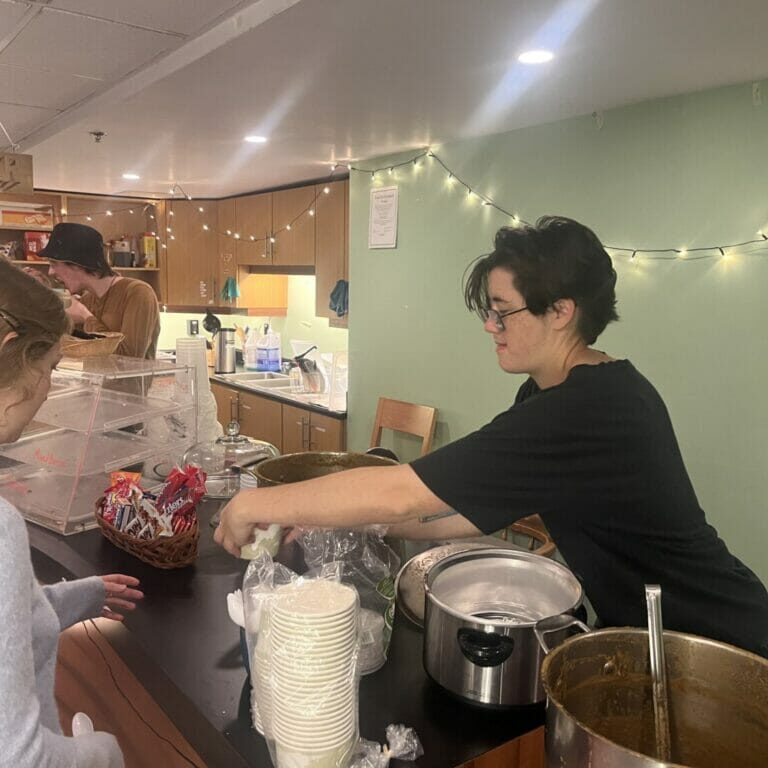
Nova Scotia receives lowest grade in Canada on poverty report
The province continues to struggle with food insecurity in the wake of the report
Nova Scotia is the only province to receive a failing grade on the Food Banks Canada Poverty Report as challenges with food insecurity continue province-wide.
Food Banks Canada completed 316 interviews in Nova Scotia with 52.5 per cent of respondents indicating they are financially worse off this year than in 2022. The 2023 poverty report card gave Nova Scotia an F, the lowest of all the provinces. Ontario, New Brunswick and Newfoundland and Labrador tied for second last all receiving a D-. Quebec received a B- and is the highest-ranking province.
Nova Scotia failed in every category of the report. The province received a D in experience of poverty, comparing income and costs of living; an F in poverty reduction measures, evaluating social assistance, disability assistance, unemployment rates and food insecurity; an F in material deprivation, analyzing the standard of living in comparison to other provinces and an F in legislative process, exploring rent caps and minimum wage.
Food insecurity on campus
Öykü Gürler, a volunteer at The Loaded Ladle said, “[there is a] lack of government action when it comes to food security,”
The Loaded Ladle is a free soup kitchen on the Dalhousie University campus. According to Gürler, the Loaded Ladle gets about 270 people daily looking for free access to a hot meal. This is up from an average of 180 meals served per day according to their 2021/2022 annual report. They are located in the Dalhousie Student Union Building and are open from 9 a.m. to 3:30 p.m. Monday to Friday.
“There’s a lack of free food options on campus,” Gürler said. The Loaded Ladle is the only free food source on campus available to the public and students.
Gürler has worked at the Loaded Ladle for years and has not seen any improvements in students’ food security.
“It’s affecting the ability to get an education,” she said.
The Dalhousie Gazette reached out to Feed Nova Scotia, inquiring about the score, but they declined to comment.
The Food Banks Canada’s 2023 report states that 65.6 per cent of incomes go towards fixed costs beyond housing. These costs include internet, transportation, groceries and utilities. “80 per cent of food bank clients surveyed cited insufficient income and rising cost of living as the top reasons for food insecurity,” according to Feed Nova Scotia’s 2023 annual report.
Low minimum wage
Nova Scotia’s minimum wage was recently raised to $15 an hour, which is still not enough for the high rental prices. Zumper, an online source for renters to find apartments, states that as of October, the average rent for a one-bedroom apartment in Halifax is $1965 a month, a seven per cent increase compared to last year. Haligonians working a minimum wage job 40 hours a week would need to allocate more than 3 weeks’ wages in order to pay for a month’s rent.
The Canadian Centre for Policy Alternatives released a statement in September saying Halifax’s livable wage for a family of four is $26.50 an hour, over 10 dollars more than the province’s current minimum wage.
The issue of food insecurity isn’t just limited to Nova Scotia, the other maritime provinces are also affected.
According to the Food Banks Canada 2023 Poverty Report, “one area where the Maritimes sees persistent issues is with food insecurity rates. All the Maritime provinces received failing grades for food insecurity.”






